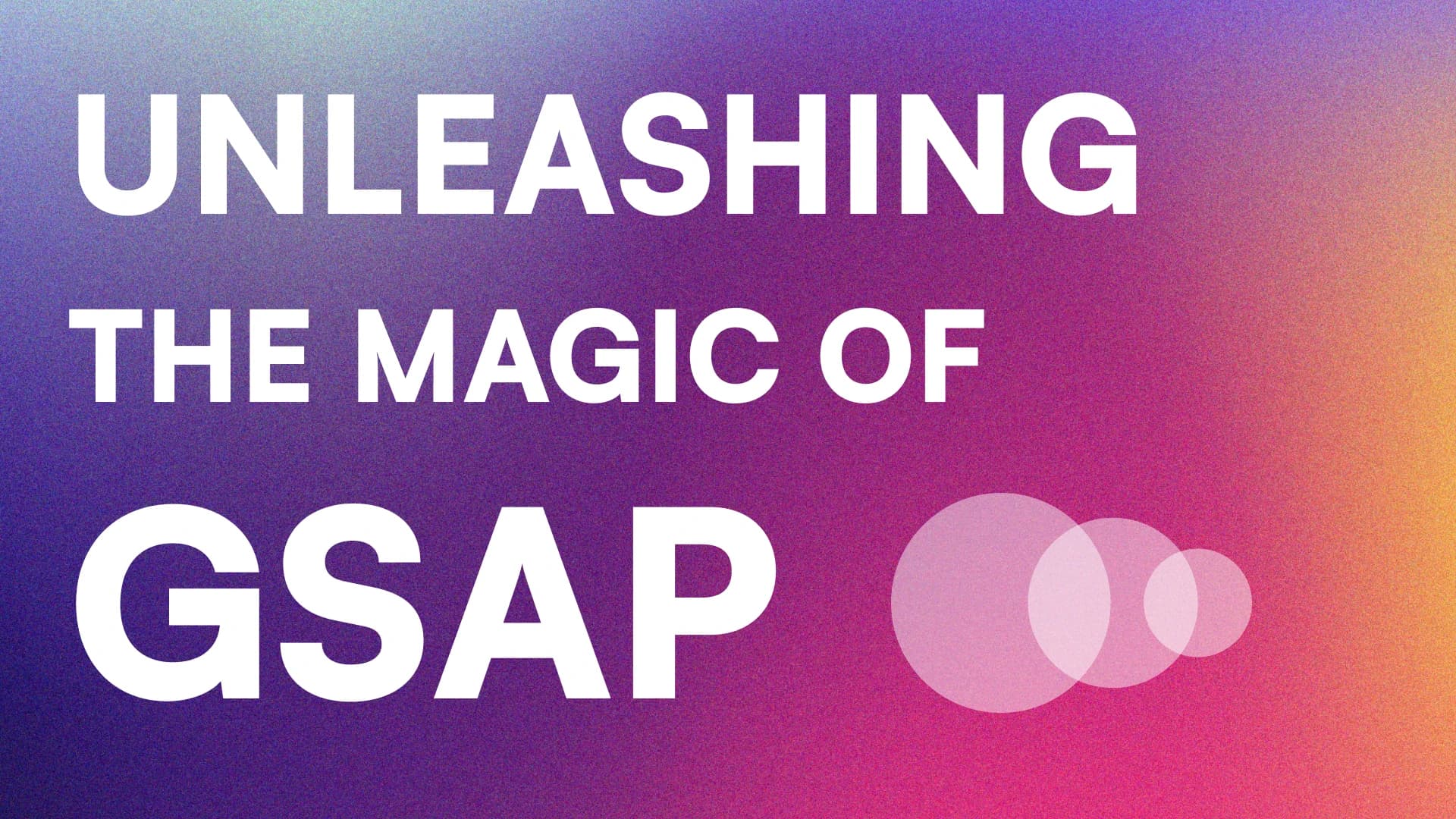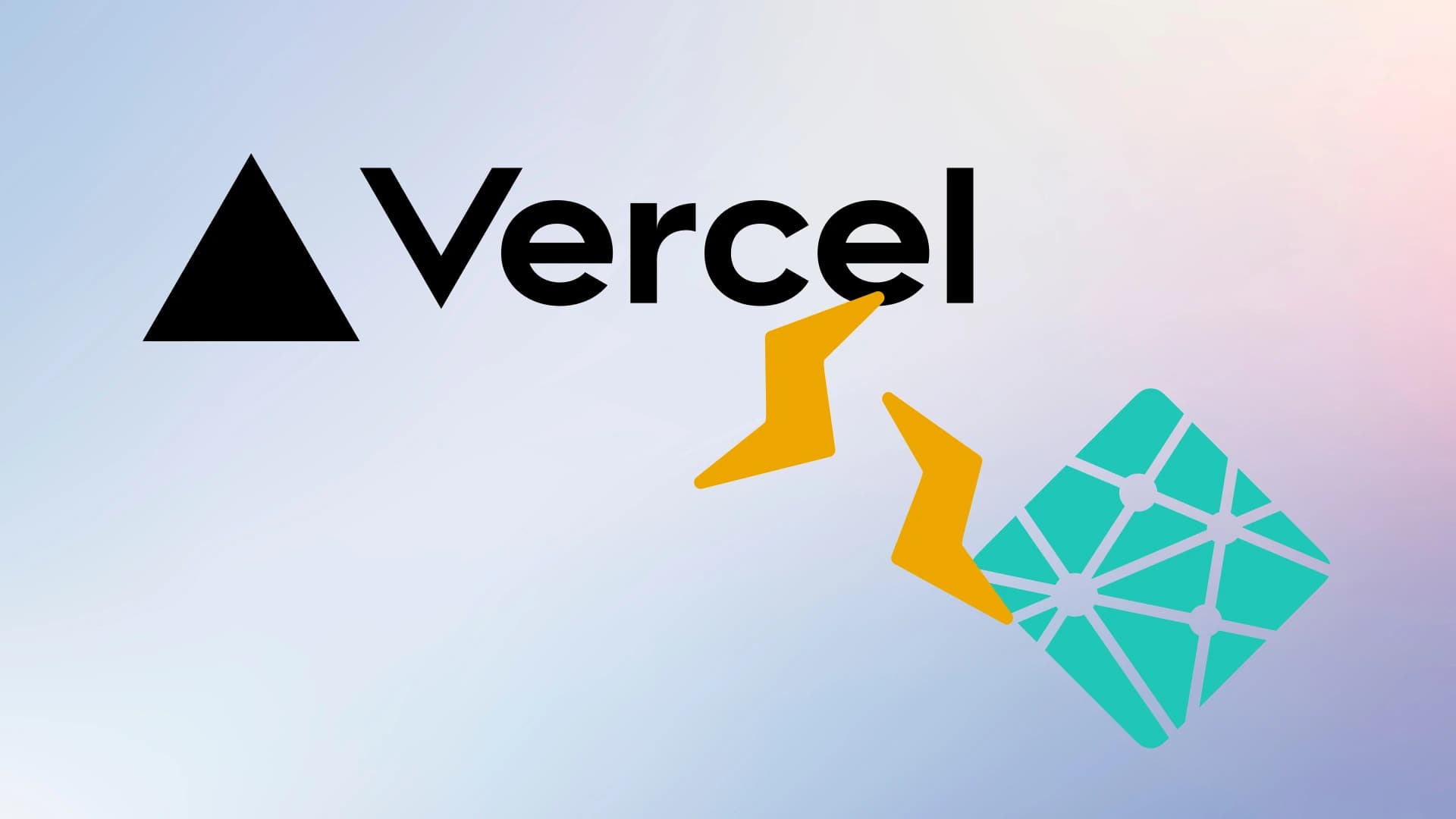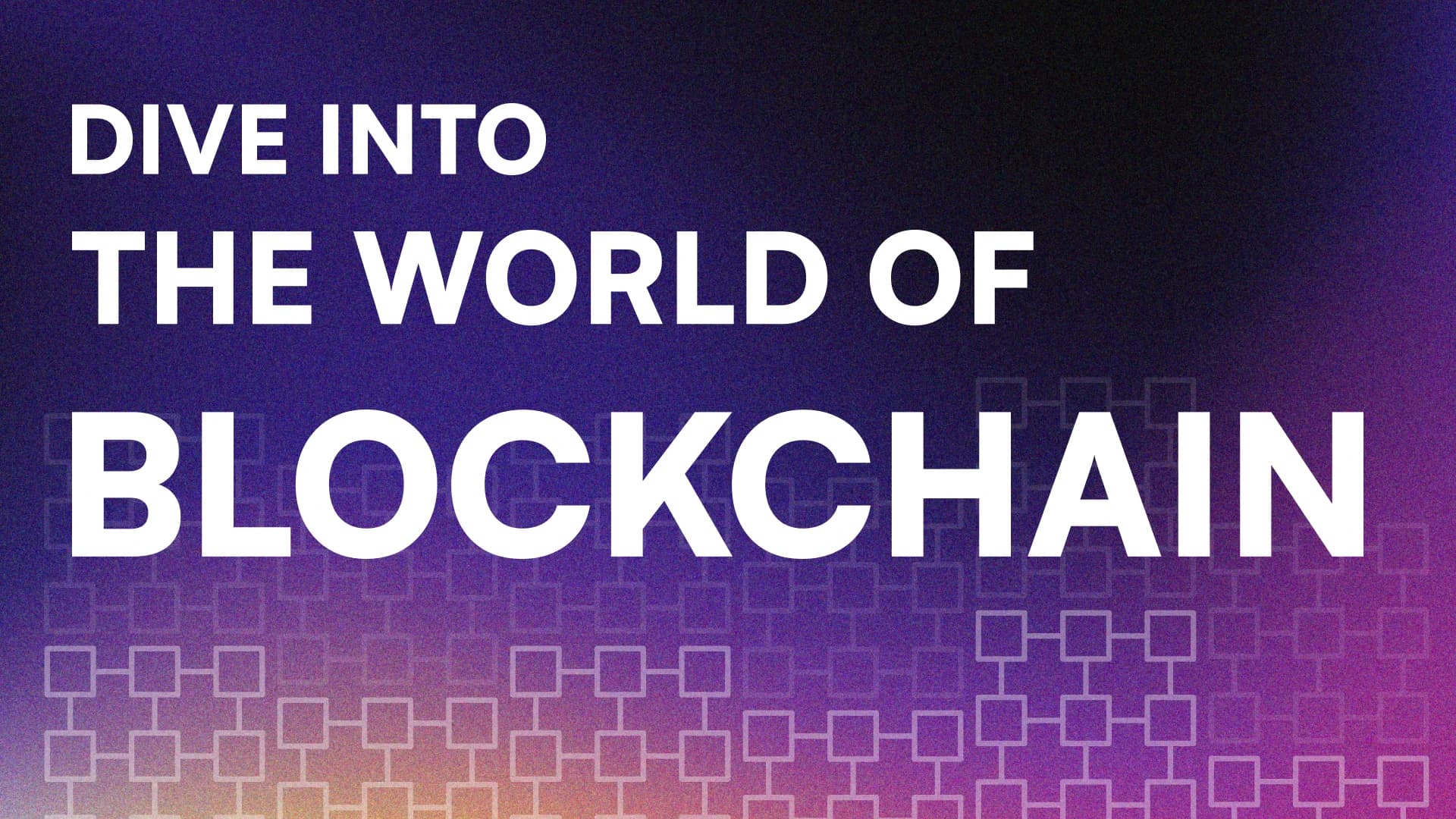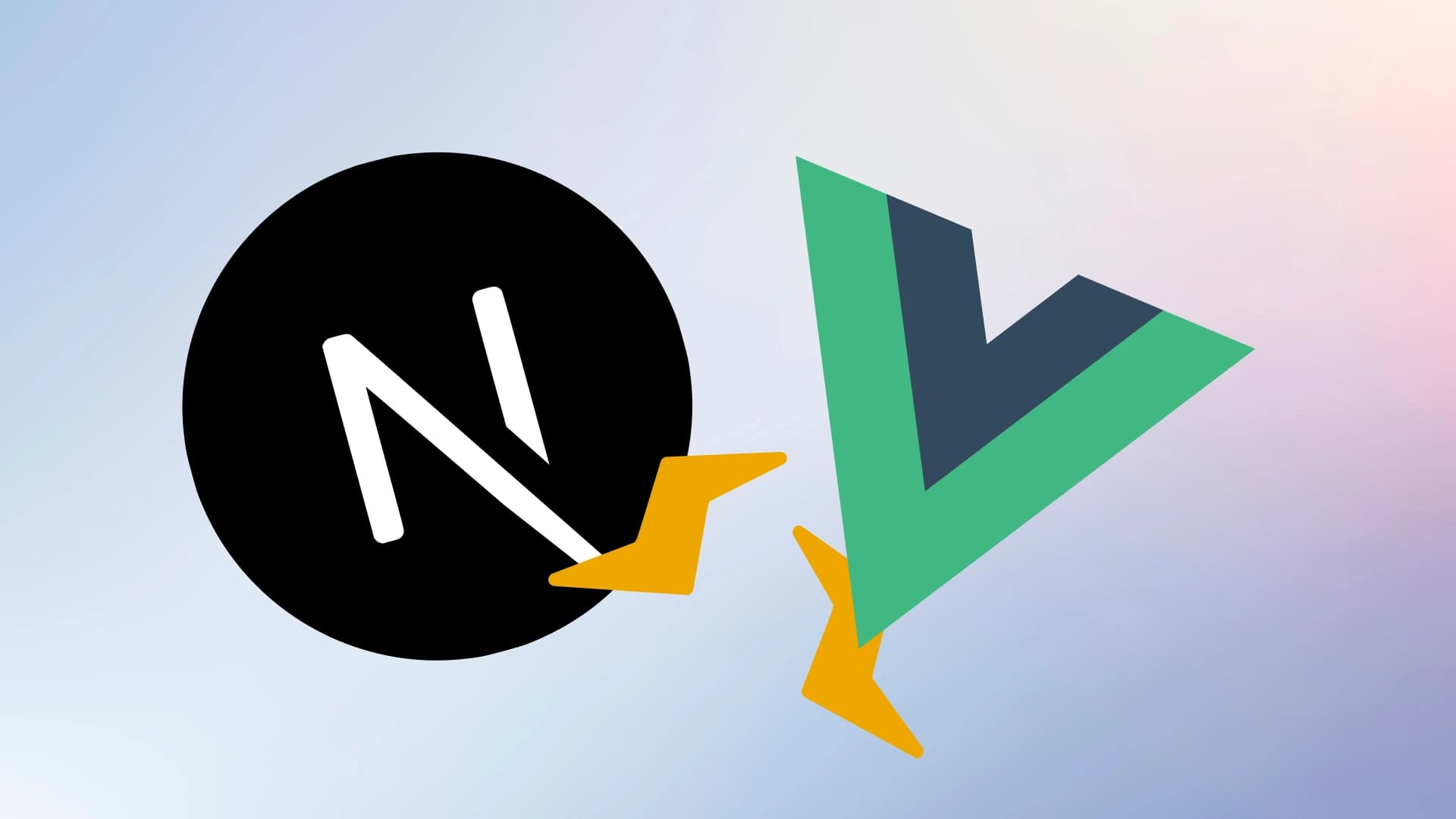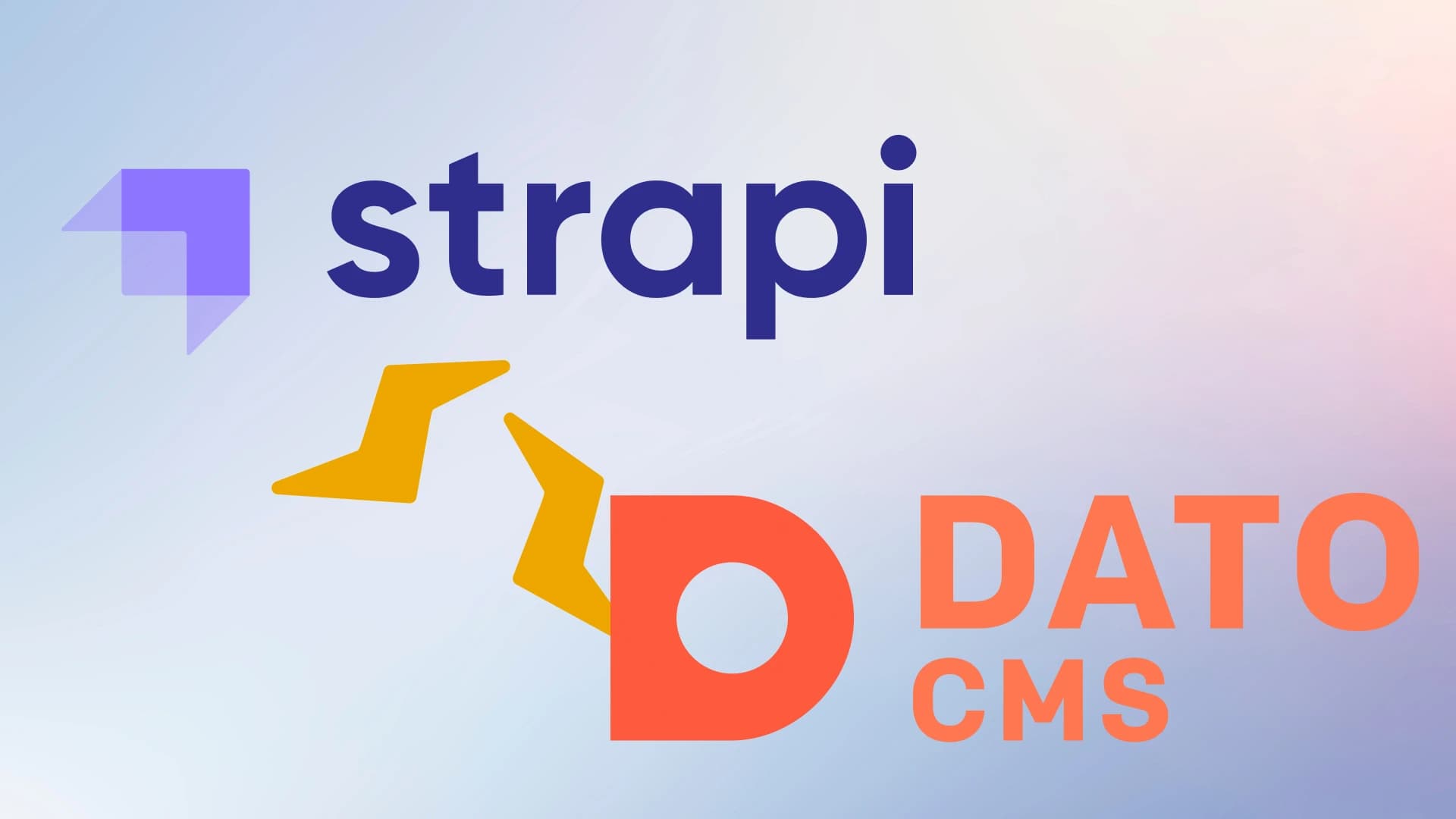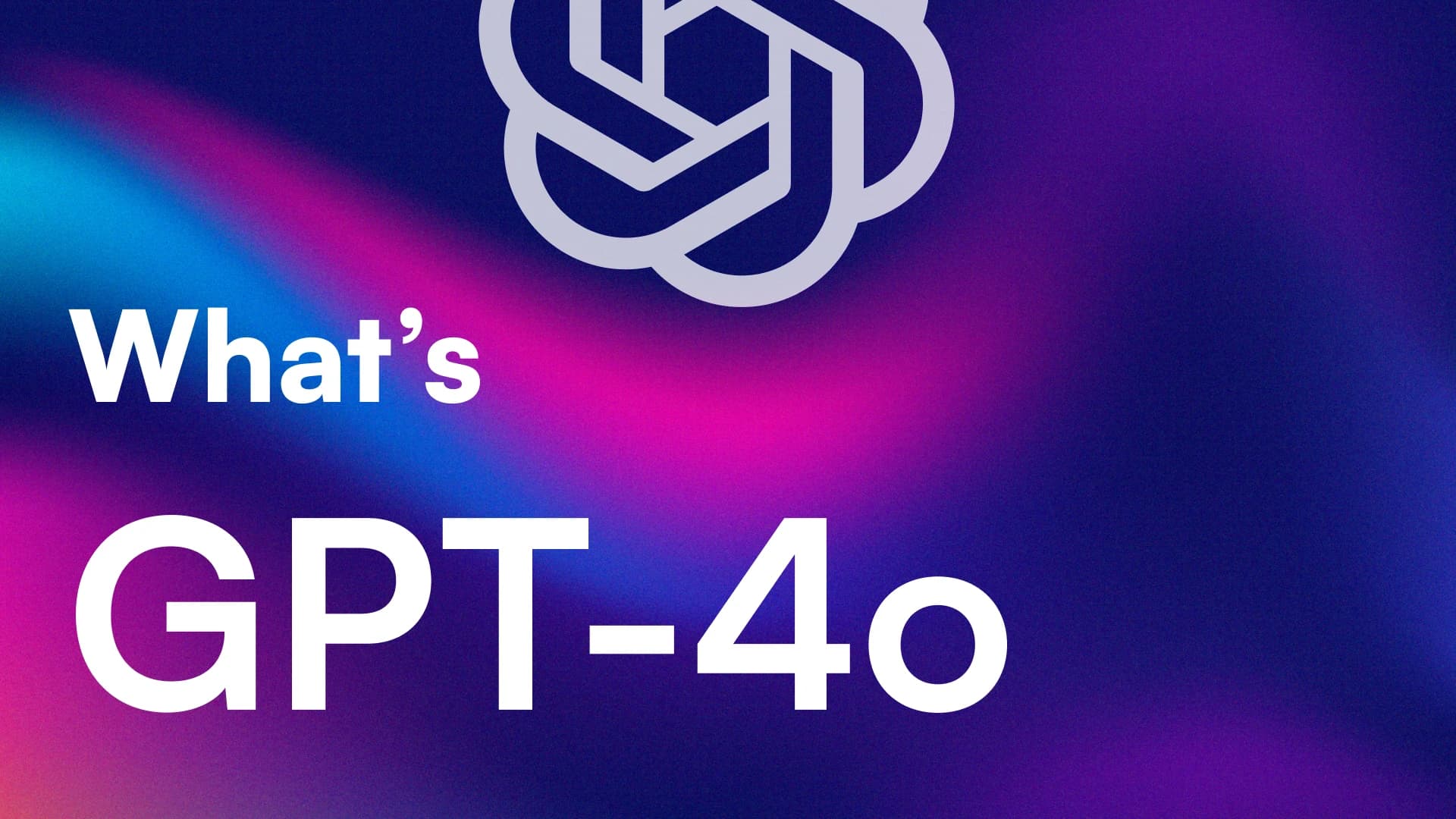Think faster with Notion
created at 29/08/2024 •updated at 09/12/2024
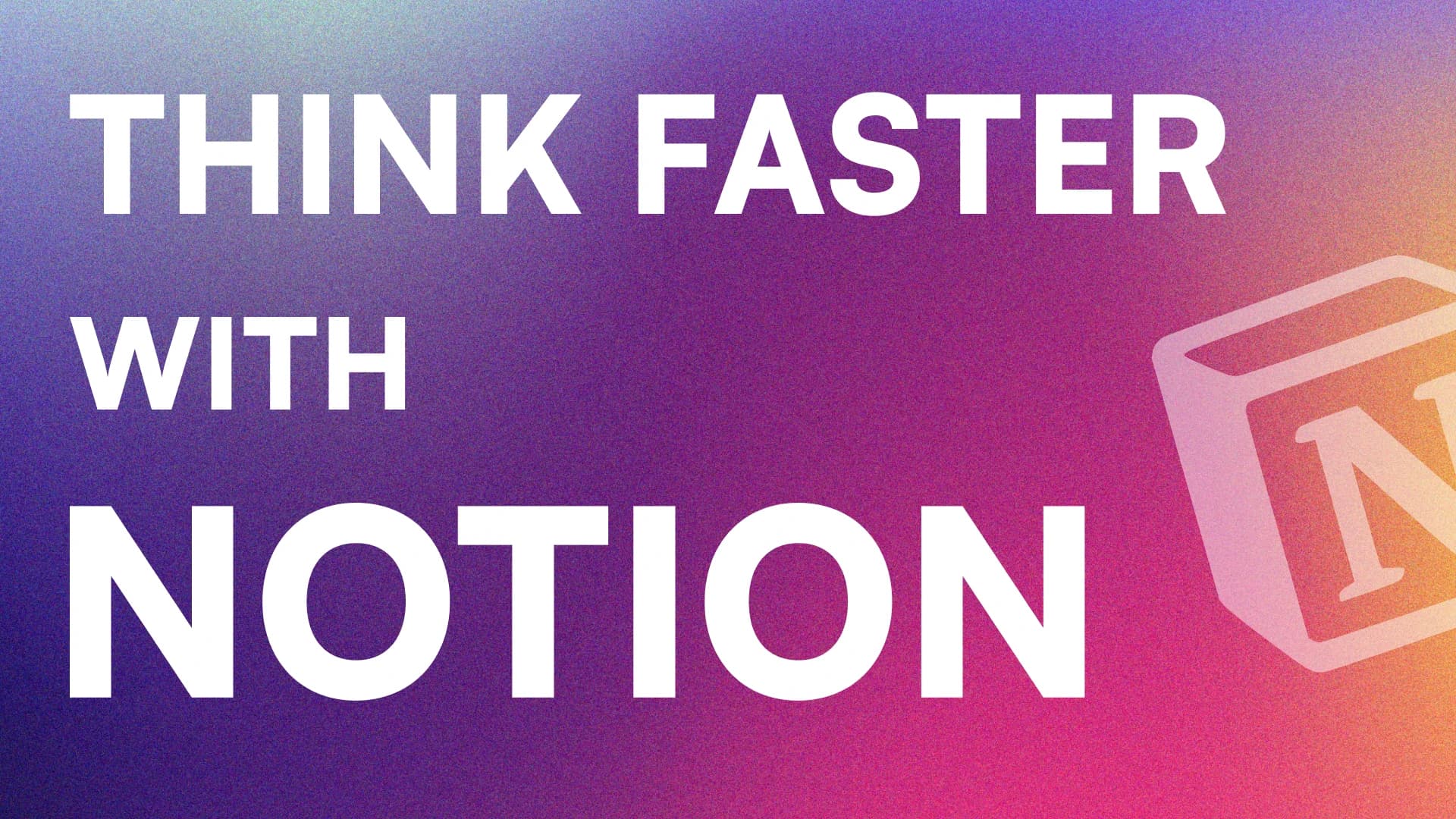
If you've ever felt overwhelmed by the endless flow of tasks, ideas, and research when working on a project, you’re not alone. Notion, a powerful and customizable workspace, has quickly become a go-to tool for developers, designers, and tech enthusiasts alike. From project management to note-taking, Notion can help streamline your workflow and increase productivity. In this guide, we’ll explore practical ways to use Notion to stay organized and think faster throughout the entire lifecycle of a project—from ideation and research to development and launch.
Getting Started with Notion
Before diving into specific tips, it’s essential to understand the basics. Notion is a versatile workspace where you can create pages, databases, and organize content in a way that makes sense for you. The tool’s flexibility means you can set up your workspace in a way that uniquely fits your needs, allowing you to think and work more efficiently. You don’t need to be a Notion expert to get started; even basic knowledge can go a long way in enhancing your productivity.
1. Organize Your Project with a Project Dashboard
A dedicated project dashboard is your starting point for every new project. By centralizing all your resources, deadlines, and tasks in one place, you’ll have a clear view of what needs to be done.
Create a New Page for each project and label it with the project’s name. This serves as your home base.
Add a Kanban Board to visualize tasks in phases such as "To-Do," "In Progress," and "Completed."
Use Checklists and To-Dos for each task to break down larger tasks into smaller steps. Checklists make sure you stay on track, and the satisfaction of ticking off tasks can be a great motivator.
By setting up a project dashboard, you can quickly reference everything related to the project, saving you time and mental energy.
2. Manage Ideas and Research with a Knowledge Database
Whether you’re researching a new framework or gathering design inspiration, a knowledge database in Notion will help you store and organize valuable insights.
Set Up a Database for research articles, notes, and references. You can categorize entries by tags like "Inspiration," "Tech Articles," "Competitor Analysis," etc.
Use Custom Properties like “Source,” “Date Added,” and “Relevance” to easily find information later.
Embed Web Pages for quick reference directly within Notion so you don’t have to switch tabs constantly.
With a knowledge database, you’ll have all your references in one place, making it easier to find and apply insights to your project without getting lost in information overload.
3. Streamline Communication with Team Members
If you're working with others, Notion can simplify communication and keep everyone on the same page. Collaboration features allow you to share progress, assign tasks, and make updates visible to everyone.
Mention Team Members in comments or assign tasks directly to them in Notion to ensure responsibilities are clear.
Share Pages and Updates so that everyone can access the latest version of the project details, minimizing back-and-forth messages.
Set Up a “Team Notes” Section where members can add their ideas, questions, and updates in real-time.
Notion’s collaboration tools help eliminate miscommunication, allowing everyone to focus on productive work rather than tracking down information.
4. Track Progress with Project Timelines and Milestones
One of the most effective ways to stay on track and meet deadlines is by setting up timelines and milestones. Notion’s calendar and timeline views make this easy.
Create a Timeline View and add key dates like project start, milestones, and deadlines. This helps visualize the project’s path and keeps you focused on critical deliverables.
Add Milestones for major progress points, like "Design Complete" or "Initial Testing." This breaks the project into manageable chunks and ensures you celebrate each stage of progress.
Review Weekly to assess where you are and adjust tasks if needed. Keeping an eye on timelines helps prevent the last-minute rush and encourages a steady, paced approach to development.
With timelines and milestones, you’ll be able to see what’s coming up and allocate time effectively.
5. Improve Focus and Creativity with a Personal Workspace
Sometimes, staying organized also means having a dedicated space to brainstorm, reflect, or jot down spontaneous ideas. A personal workspace within Notion can serve as a “sandbox” for these activities.
Create a “Brain Dump” Section where you can jot down ideas, no matter how unpolished. This allows you to capture thoughts immediately without interrupting your workflow.
Use a Daily Log to track your progress, reflect on challenges, and note any improvements. Keeping track of your own development helps you see growth over time.
Integrate Templates for activities like “End of Week Reflections” or “Problem-Solving Steps” to streamline repetitive processes.
With a dedicated space for personal ideas, you can nurture creativity and productivity without cluttering your main project workspace.
Conclusion
Notion’s flexibility allows you to tailor your workspace to meet the specific needs of any project, from planning and research to execution and collaboration. By setting up dashboards, knowledge databases, timelines, and personal workspaces, you can approach each phase of a project with greater clarity and efficiency. Using Notion, you’ll spend less time on logistics and more time focusing on the creativity and execution that matter most in tech, design, and web development.
Give Notion a try, and see how it can help you think faster and stay organized on your next project!
From the same author
See all
DeepSeek: The Game-Changing AI Shaking Up the Tech World
In recent years, artificial intelligence (AI) has seen groundbreaking advan...

Cursor: The AI-Powered Code Editor Revolutionizing Development
The world of software development is constantly evolving, and the latest in...
